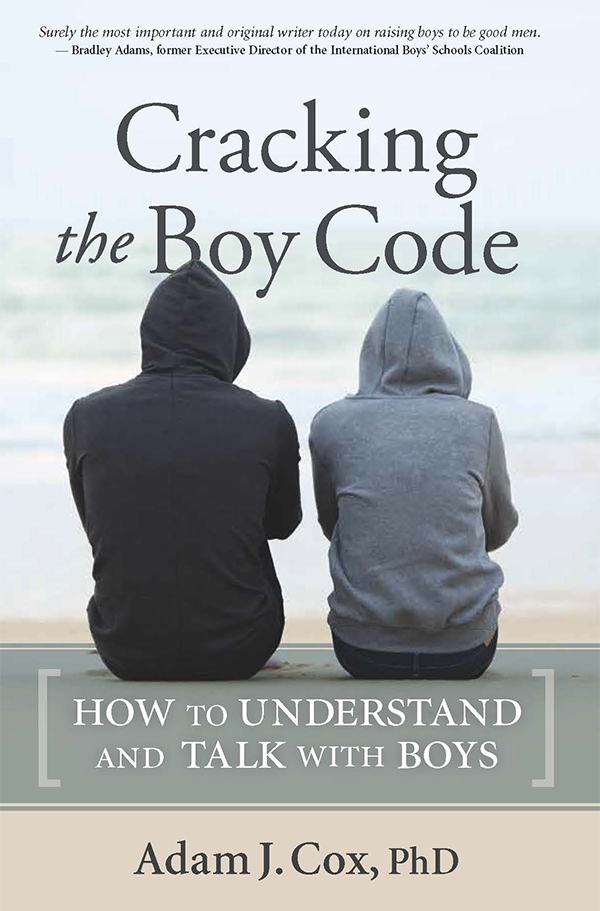For most of us, hearing about different types of addiction is a common occurrence. Sad, but true. Even more difficult to bear is that most of us are close to someone affected by an addiction. When addictions are related to the abuse of a substance such as alcohol, our understanding that there is a problem may be rooted in clear and serious signs of a life out of control. But what about an addiction related to something more subtle? Could a behavior as seemingly normal as watching television become an addiction? You bet it can!
I believe television can be a “drug” because it is literally a mind-altering experience. Like any drug, it has the potential to be used responsibly or abused. Did you know that the American Academy of Pediatrics recommends no television for children under two years of age, and no more than two hours of television per day for older children? Here’s why. It is not only because of the potential for inappropriate content. In fact, for young children especially, it is the incredible stimulation that TV provides that makes it so potentially damaging. All of the flashing bright colors, loud sounds, and frequent fragmentation of reality that television encompasses is far too much stimulation for most young minds to manage. At the same time, children are like a magnet for this type of gratification, and as most parents know, can become addicted to the neurological stimulation of television very quickly. Although some people have tried to justify overexposure to electronic media by claiming it makes children smarter (Everything Bad Is Good For You by Steven Johnson is one example of a recent book that makes this spurious claim), those theories are little more than rationalizations for indulging in what science indicates is bad for us.
What’s the effect of repeated exposure to television stimulation? Just like what happens when a person is exposed to any drug, repeated exposure to television has the effect of dulling a person’s senses. This is precisely what we as parents experience when we ask our kids to tear themselves away from the television and in return get a blank stare or grunt and shrug! With younger children, requiring them to make a transition away from a stimulation source to which they are “hooked” often results in an instant melt-down. Noticing your child’s ability to transition between watching television and attending to the environment around him or her is a good way to determine if she or he is over-stimulated, or even possibly addicted. Kids who are addicted to television care increasingly less about the content of what they are watching, and more about getting another “hit” of electronic stimulation. The brain is an organ that is unique in that it develops in response to its environment – and if you’re continually “blasting” a young, developing mind with rapid-fire images, you may be creating a mind that craves high level stimulation but lacks the ability to focus its attention – sound familiar?
Here’s What You Can Do:
- Make television a family activity. Discuss what you and your child are watching together. Turn down or mute the volume during commercials to ensure you are sustaining social contact. And relate event on television shows to real events in the life of your family.
- Limit television watching to a specific number of hours and to specific times of the day. I think kids do better when they are required to do things before they watch TV, such as getting dressed, teeth brushed, breakfast eaten, etc. before the television set goes on. Don’t let television become the constant background to family life. Turn the TV on to watch specific shows, and then turn it off when the show is over.
- Discuss alternatives to television with your children. Kids do much better accepting that they can only watch a limited amount of TV when they know you are prepared to spend time playing a game, going to the park, or helping with homework instead. When we use TV to occupy our kids so we can get other things done, we are inadvertently becoming enablers of their addiction.
- Not all television is created equal. Look for shows that are paced appropriately for children. There are great programs for kids that don’t rely on seizure-inducing graphics to keep their attention. Don’t be afraid to censor shows; if you start when children are young by simply saying, “this show isn’t good for your brain, and I’m proud of what a smart girl (or boy) you are,” you’ll get them on the right track.
What’s News
The August, 2005 issue of Psychology Today reports that the length of a person’s ring finger is a reflection of how much testosterone they were exposed to in the womb. It turns out that the length of most female’s ring and index fingers are roughly equivalent – as opposed to the most testosterone-driven men, who tend to have ring fingers longer than index fingers. Remarkably, other than a person’s genitals, this is the only physical characteristic that separates the male and female gender at birth!
Can you guess what age student is most likely to be expelled from school, as reported by the New York Times?
a) 13 year-old middle school students
b) 17 year-old high school juniors
c) 4 year-old preschool students
d) 18 year-old high school seniors
*answer at end of newsletter
Ask Dr. Cox…
Question: Our sixth-grade son is fascinated by weapons and little else. Should we be concerned?
Answer: Many boys are fascinated by weapons because they are instruments of power – something that boys covet. Trying to deny them the opportunity to fantasize about weapons during play usually only piques their interest. Talk to your son about both the purposes and potential consequences of weapons. Consistently reinforce the boundary between fantasy and reality – and do not expose him to the violence-filled video games that are so often compelling to boys.
Question: My seven year-old son never talks to me. If I ask him about his school day he just shrugs. I have to admit, it both irritates me and makes me feel rejected. What can I do to connect with him?
Answer: Most seven year-old boys don’t “open up” the way that their parents might like them to. Boys of this age are focused on their own interests, and our best chance of reaching them is to engage those interests. One strategy is to ask your son to explain something to you about his new toy, or a favorite television character. Expressing this type of interest is a valuable form of empathy that resonates deep within our children’s minds.
Would you like to ask Dr. Cox a parenting question? The answer may appear in a future issue of Family Matters!
*The answer to the “expulsion” question above is C – your 4 year-old preschooler is statistically more likely to be expelled than any other age child! What does this say about the demands we make on young children in preschool? More about this important topic in a future issue of Family Matters.
Adam Cox, PhD, ABPP




